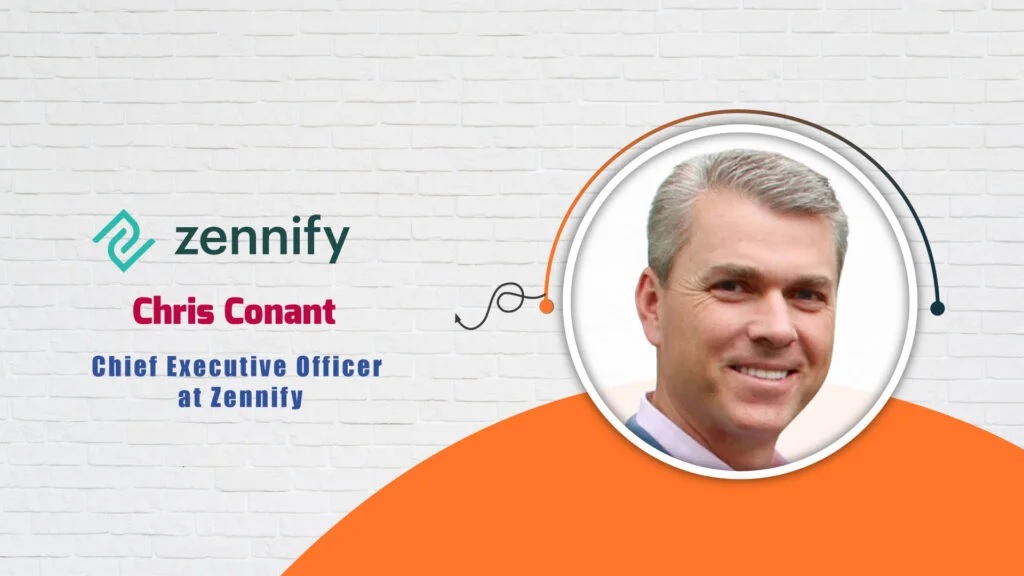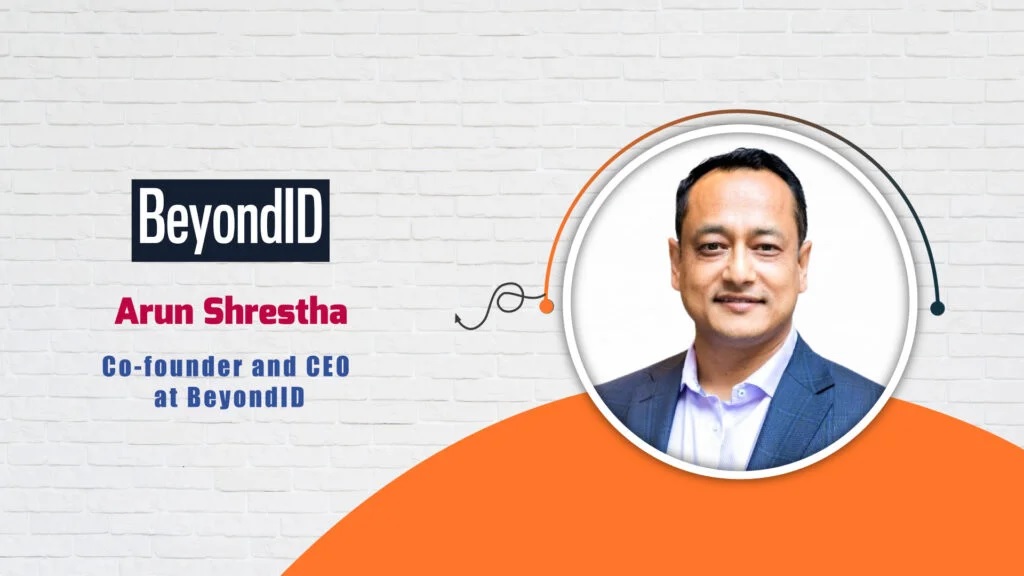Chris, could you start by introducing yourself and your role at Zennify and sharing a little about your background in the finance and technology sectors?
I joined Zennify in April 2023 as Chief Executive Officer. I’m a customer success and IT services veteran with over 15 years of experience in the Salesforce ecosystem and 30 years in technology.
Most recently, I was the Senior Vice President of Customer Success at Salesforce. I led the North American Success team responsible for ensuring the retention and growth of the $15B customer base. Before that, I was the COO of Model Metrics (acquired by Salesforce in 2011) and was a board advisor to Silverline and 7Summits, services firms within the Salesforce ecosystem. I was privileged to advise them on scaling and company growth.
We have a fantastic opportunity at Zennify to push boundaries and change the way consulting is done, using AI and tools to accelerate implementations and customer time to value. We strive to be the top boutique Salesforce and nCino consultancy for financial services firms. I’m proud to be here at Zennify and to continue upholding our reputation as one of the go-to partners for financial institutions that want to see accelerated outcomes.
Why financial institutions should ban AI at their own risk:
Chris, you’ve raised the idea that financial institutions should not ban AI at their own risk. Could you elaborate on why you believe AI is crucial for the financial sector’s future and what potential risks they face by not embracing it?
AI has and will continue to impact the breadth, depth, and quality of products and services offered by financial institutions. There are multiple use cases for AI – and a lot of them focus on increased efficiencies. For example, teams can use AI to better predict and assess loan risks, improve fraud detection, provide better and faster customer support through smarter personalization, and analyze data in unstructured ways – all while reducing costs. These are use cases that would have typically taken more time and have more room for errors. Understanding and implementing AI thoughtfully leads to sustainable business growth and staying ahead of your competitors.
To Know More, Read Full Interview @ https://ai-techpark.com/aitech-interview-with-chris-conant-ceo-at-zennify/
Read Related Articles:



